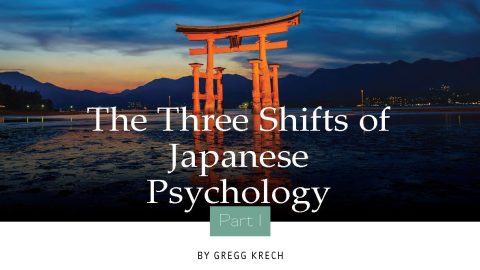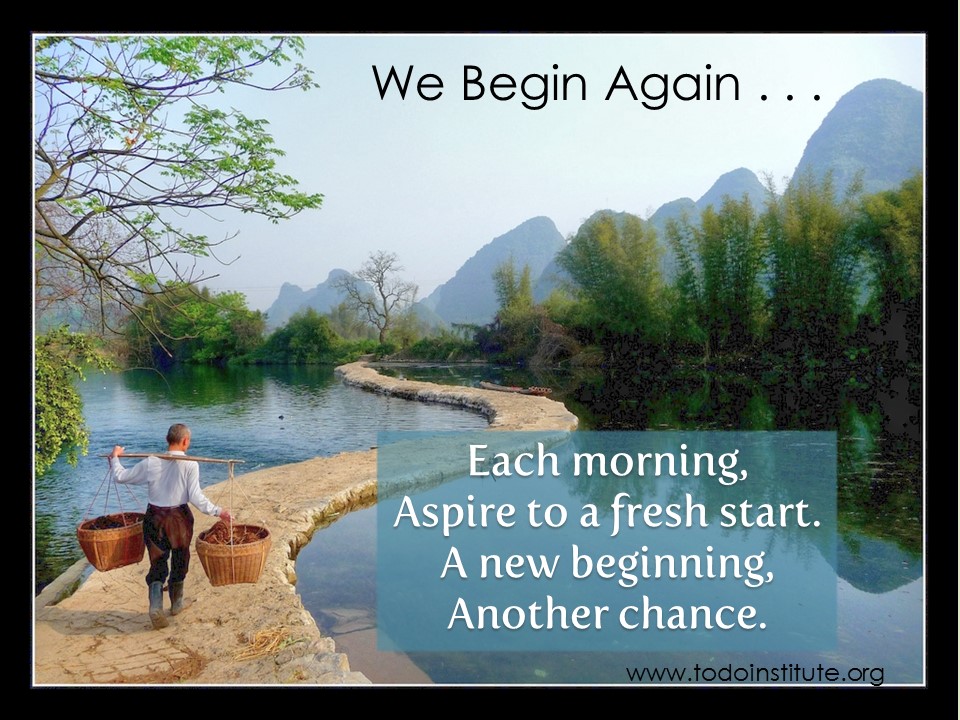Last night the stars put me in my place, just as they have many times in the past. As I wandered down the hillside beneath my home I was accompanied by an old dog and a chatty, scattered mind. Then I looked up. As soon as I became aware of how big the universe is I realized how small I am. There were hundreds of glistening stars putting on a show entitled, “You (that’s me) are not the center of the universe.” Now this is not new information to me. I once asked a former teacher to review a draft manuscript and he commented on how many times I used the word “I” in my writing. The other day I was driving home behind a red Plymouth driven by an older woman with grey hair. Just when we reached the Y in the road before the general store, she went left as I took the road to the right. It suddenly dawned on me that this woman had an entire life that would be continuing at the same time as mine. She had problems, she had aches and pains, she laughed at jokes I had never heard before. How was this possible? Even more outrageous was the fact that there were about 5 billion more people who also had lives of their own. Incredible. My life was only a speck in a rather large crowd. There were also animals, and insects, and trees, and flowers, and buildings. This is what we might call perspective — realistic perspective. And if my attention was reality-based it would reflect such a perspective. But it doesn’t.
When we begin to seriously study attention, one of the first things we discover is how often our attention is focused on ourselves. Now we’re feeling hungry. Now thirsty. Now we’re worried about what’s going to happen. Now we’re tired. Now we’re looking around the room, not thinking of others, but thinking, “I wonder what they think of me.” We notice an item in a store and our reference point is “I could really use one of those.” We call a business associate to meet for lunch and our primary concern is, “what’s most convenient for me.” In a recent winter storm 1,000 cattle froze to death, huddling together in an open meadow in a failed attempt to keep warm. When a reporter interviewed the rancher, his first comments were, “We’re broke.” My needs. My wants. My suffering. It’s enough to make you sick. In fact, it does make you sick.
In 1990 psychologist Rick Ingram reviewed the research that had been done on the subject of self-focused attention. (Psych Bulletin, Vol 107, No.2). This research covered problem areas such as depression, anxiety, alcohol abuse, even schizophrenia. In each case there was an indication of a direct relationship between self-focused attention and the psychological problem. “The weight of available data clearly suggests an association between disorder (or vulnerability to disorder) and self-focused attention regardless of the particular disorder,” stated Ingram. Other researchers have drawn similar conclusions. A 1982 study of depression by Jacobson and Anderson found that “depressed people refer to themselves more frequently than do nondepressed people, even when the normal flow of conversation calls for more attention to the other person.” (Behavior Therapy, Vol.13). They went on to conclude that “…evidence also seems to suggest that happiness is associated with an outward focus.” Here we have one of the most fundamental and overlooked distinctions in the field of mental health: the contrast between outward attention to the world and attention focused on ourselves. This distinction is a watershed between good and poor mental health; between a healthy, flowing mind and a suffering, self-absorbed one.
I believe attention, both self-focused and outward, is a skill that we develop in the same way we learn to play the piano. If we practice consistently with the left hand we become good at playing with our left hand. If we practice with the right, we become good at playing with the right. A good pianist plays well with both hands. But I have much more dexterity with my right hand than my left. And I am sorry to report that I have much more dexterity attending to my self than to the world around me. I naturally daydream, plan, worry or do almost anything other than pay attention to what is going on around me at any given moment.
Nearly all of my students echo this self-diagnosis. We are not out of touch with our inner world — that world of feelings, of preferences, of desires and discomfort. It is a world we know too well. It is a prison which blinds us to a universe of sunsets, spider webs and stars. A universe which is vibrant and breathing with life. The universe wants us to dance, but we are too self-absorbed to hear the invitation.
But not all the time. Every once in a while the beauty of the world around us is so stunning, so captivating that we can no longer ignore it and we forget ourselves and dissolve into something greater. And it is not only beauty which attracts us, it is also need. The needs of a loved one for help, the needs of a community, even a planet. We find our calling, our bliss, our purposes, by giving up on ourselves. Our surrender becomes our salvation. Our disappearance provides relief, even for a few moments. But once you have tasted those moments you have discovered something about attention. And now you can travel through the world and seek out what isn’t so obvious. The shadows of birches late in the afternoon. A weed growing in the fissure of a large boulder. The texture of a rose petal against your cheek. You are on your way to becoming a poet.
This “waking up” to the world around us is also the foundation of great religious traditions which emphasize service and humility rather than personal success and pride. How do we go beyond ourselves? How do we replace self-pity with compassion for others? What is faith if not a shift of attention?
But it is the tragedy of psychology that it is still preoccupied with self-preoccupation. Too often it teaches us to do what we already do too well — pay attention to ourselves. In the course of exploring our pain, our worries, our feelings and our dreams we forego the development of our more needed skill — to notice and engage the world around us. Without practice, our muscles atrophy. So the next time you find yourself self-absorbed, take a walk. Look around you. The world is an interesting place. It might even give you something to do. If the stars are out, close your eyes. Listen. You might just hear them twinkle. That is how they get your attention.
Gregg Krech is the director of the ToDo Institute in Monkton, Vermont.









